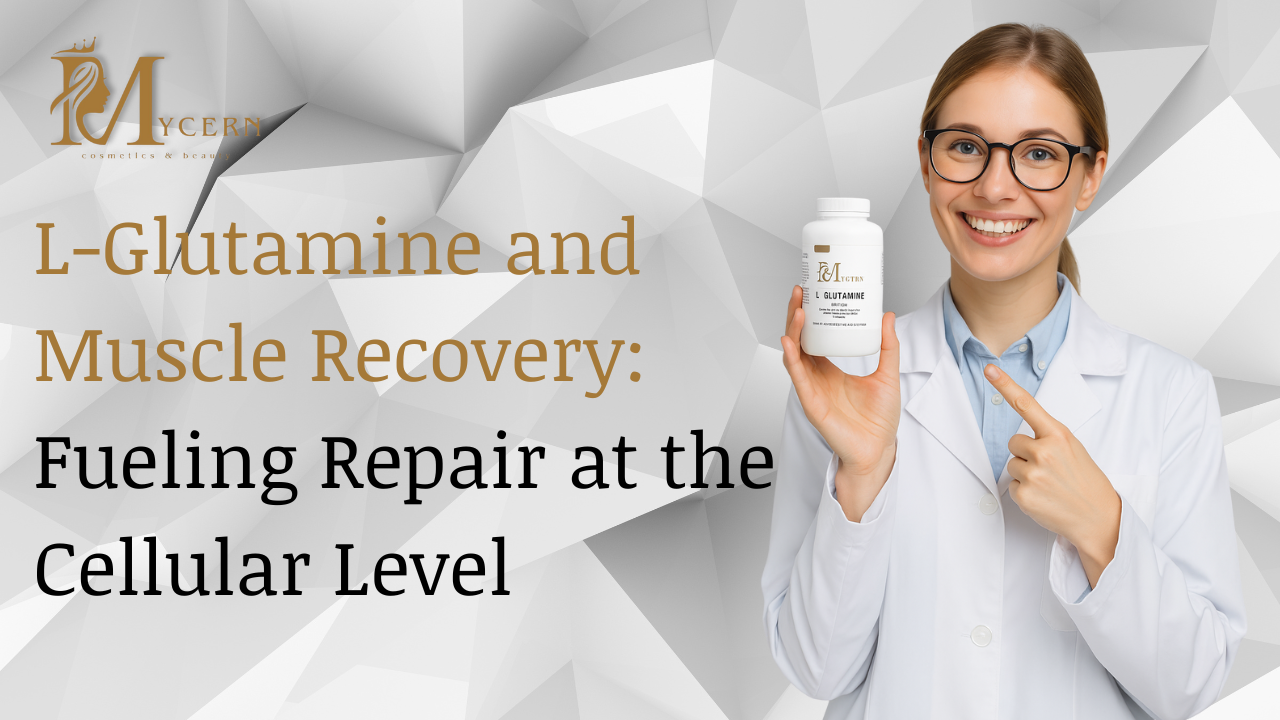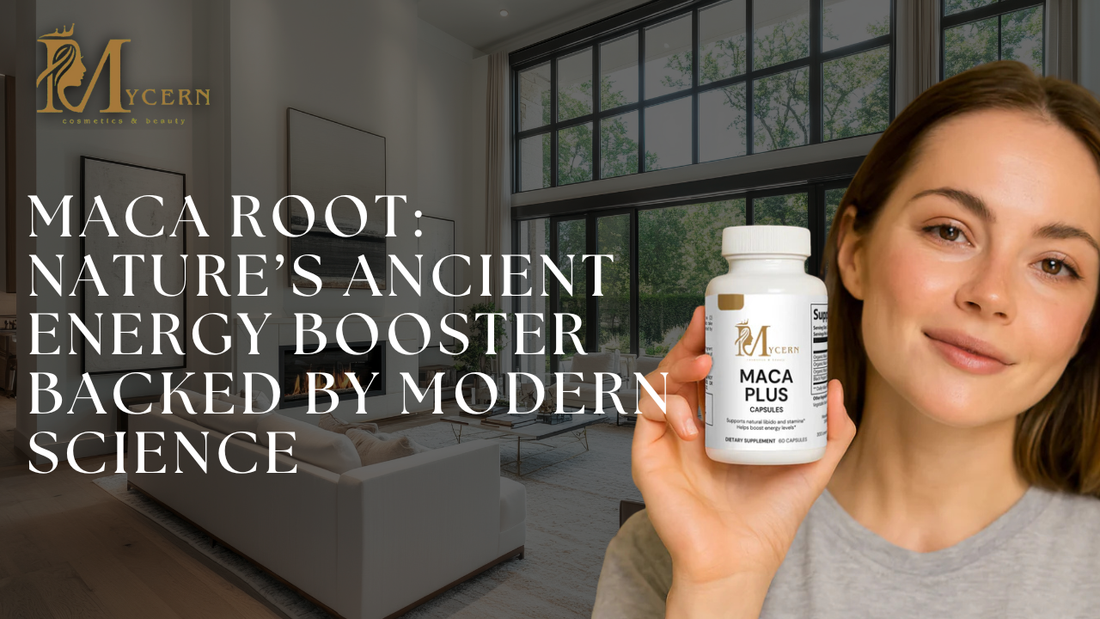“Train hard. Recover harder. L-Glutamine helps rebuild muscle and reduce soreness after intense workouts.”
— Grant Tinsley
Introduction
Amino acids are classified into two main categories: essential and nonessential. The body cannot produce the nine essential amino acids, so they must be obtained through the diet.
One unique amino acid, L-glutamine, is considered conditionally essential. This means that while the body can usually produce enough on its own, certain conditions—like pregnancy, illness, trauma, severe burns, or prolonged physical exertion—can increase demand beyond what the body can supply.
Health Benefits of L-Glutamine
L-glutamine offers a wide range of benefits. It controls the body’s acid–base balance, promotes muscle growth and repair, supports protein synthesis and utilization, aids in the formation of specific antioxidants, and helps eliminate waste materials like ammonia from the body.
How L-Glutamine Supports Recovery
Endurance and high-intensity exercise can significantly reduce L-glutamine levels in the muscles. This drop may impair immune function and slow down recovery. Research indicates that reduced glutamine levels after exercise can hinder immune responses—such as white blood cell production and interleukin-6 signaling—making athletes more vulnerable to illness and decreasing overall performance.
Supplementing with L-glutamine helps reduce exercise-induced immune suppression, lowers the risk of infections in athletes, restores plasma glutamine levels, and supports faster muscle recovery and tissue repair.
L-Glutamine and Fatigue Resistance
L-glutamine also helps fight fatigue through several important mechanisms:
Energy Production: It plays a key role in gluconeogenesis and replenishing intermediates in the Krebs cycle.
Glycogen Synthesis: It may activate glycogen synthase, supporting glycogen storage in muscles.
Ammonia Regulation: Acts as a primary carrier of ammonia, preventing harmful buildup in the body.
Antioxidant Support: Boosts the synthesis of glutathione, an important antioxidant that reduces muscle damage and oxidative stress.
Conclusion
Whether you're an athlete focused on boosting muscle recovery and growth, or someone looking to support immune and gut health, MyCern L-Glutamine is a smart addition to your supplement routine. Let your body recover smarter—starting at the cellular level.
References
Lopez, M. J. & Mohiuddin, S. S. in StatPearls [Internet] (StatPearls Publishing, 2024).
Coqueiro, A. Y., Rogero, M. M. & Tirapegui, J. Glutamine as an anti-fatigue amino acid in sports nutrition. Nutrients 11, 863 (2019).
Raizel, R. et al. Determination of the anti-inflammatory and cytoprotective effects of L-glutamine and L-alanine, or dipeptide, supplementation in rats submitted to resistance exercise. British Journal of Nutrition 116, 470–479 (2016).
Bassini-Cameron, A., et al. Glutamine protects against increases in blood ammonia in football players in an exercise intensity-dependent way. British Journal of Sports Medicine 42, 260–266 (2008).
Curi, R. et al. Molecular mechanisms of glutamine action. Journal of Cellular Physiology 204, 392–401 (2005).
Bowtell, J. L. et al. Effect of oral glutamine on whole-body carbohydrate storage during recovery from exhaustive exercise. Journal of Applied Physiology 86, 1770–1777 (1999).
Leite, J. S. M. et al. L-glutamine and L-alanine supplementation increase glutamine–glutathione axis and muscle HSP-27 in rats trained using a progressive high-intensity resistance exercise. Applied Physiology, Nutrition, and Metabolism 41, 842–849 (2016).
About the Author
Dr. Hina Manzoor, Ph.D. in Biochemistry, is a nutraceutical specialist with over four years of experience as a Quality Control Manager in the supplement industry. She is passionate about bridging the gap between science and wellness, providing evidence-based insights to help readers make smarter health decisions.





